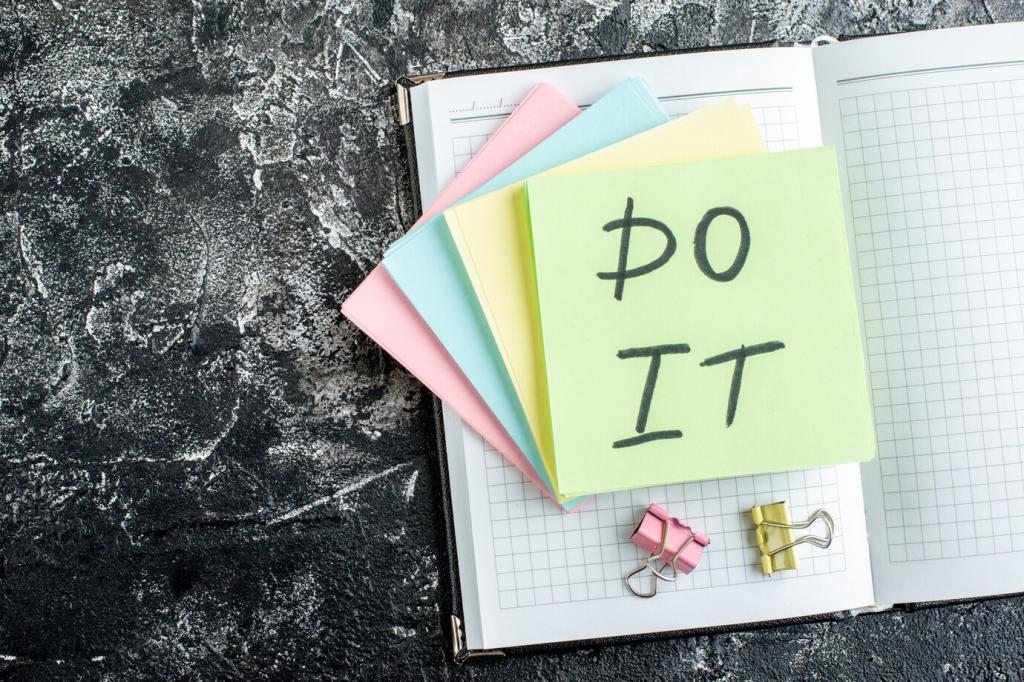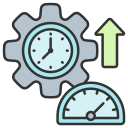Unlocking your potential isn’t just about setting goals—it’s about taking control of your time. Effective time management empowers you to make intentional choices that align with your personal growth. Embracing proven techniques will help you achieve clarity, reduce stress, and foster a fulfilling, purpose-driven life. This guide delves deep into actionable strategies that cultivate discipline and balance, ensuring every moment contributes meaningfully to your success and well-being.

SMART goals—those that are Specific, Measurable, Achievable, Relevant, and Time-bound—bring clarity and focus to your efforts. By articulating exactly what you want to achieve and defining the criteria for success, you create a roadmap for action. This method prevents ambiguity, increases accountability, and helps you monitor your progress systematically. Practicing SMART goal setting transforms abstract desires into practical steps, making personal growth a series of attainable milestones rather than an overwhelming aspiration.
Goal Setting for Success
Crafting a Daily Schedule for Peak Productivity
A well-crafted daily schedule transforms scattered intentions into purposeful actions. By allocating time blocks for your most important activities, you build routines that minimize procrastination and enhance focus. Consistency in following a schedule trains your mind to expect periods of deep work, leading to higher output and reduced stress. This discipline also encourages you to respect your own boundaries and allocate time for rest, which is essential for sustained personal growth.
Weekly and Monthly Planning for Big Picture Clarity
Zooming out to plan on a weekly or monthly basis ensures you don’t lose sight of your long-term objectives. Regularly reviewing your broader commitments gives context to your daily actions and highlights progress toward your goals. This holistic approach balances immediate obligations with future ambitions, allowing you to prioritize projects and allocate resources more effectively. As you develop this habit, you’ll notice improved decision-making and a greater sense of control over your time.
Anticipating and Managing Obstacles
No plan is immune to unexpected challenges. Anticipating potential obstacles and integrating contingency strategies into your planning process prepares you to respond flexibly to disruptions. Whether it’s setting aside buffer time for unforeseen tasks or identifying alternative solutions in advance, being proactive equips you to stay on track. Embracing setbacks as opportunities to adapt reinforces resilience, ensuring that obstacles become stepping-stones rather than roadblocks in your personal growth journey.
Understanding what causes you to procrastinate is the first step in overcoming it. Triggers can be emotional, such as fear of failure, overwhelm, or perfectionism, or they might arise from external distractions. By identifying these underlying factors, you empower yourself to implement targeted strategies for change. Greater self-awareness not only facilitates timely action but also helps you develop healthier responses to challenges, which is crucial for long-term personal development.

Leveraging Productivity Tools
Selecting Digital Tools to Streamline Tasks
A wide array of apps and digital platforms are designed to boost productivity by organizing information, scheduling reminders, and tracking progress. Choosing the right tools for your needs means you can automate repetitive tasks and centralize your responsibilities. This frees up mental space for creative and strategic pursuits. Experimenting with different platforms helps you identify those that best integrate with your habits and preferences, ultimately making your workflow more efficient and enjoyable.
Employing Time-Tracking Techniques
Time-tracking enables you to gain objective insights into how you spend your day. Recording your activities increases accountability and highlights patterns in your productivity—both strengths and areas for improvement. Techniques such as the Pomodoro Technique or time-blocking encourage focused work sessions and regular breaks, minimizing distractions. Over time, reviewing your logs provides data-driven feedback that supports ongoing refinement of your time management strategies, maximizing the impact of your efforts.
Integrating Tools Without Overcomplicating
While productivity tools can offer significant advantages, using too many can become overwhelming and counterproductive. The key is to integrate only those tools that genuinely support your workflow, avoiding clutter and decision fatigue. Regularly reviewing your digital setup ensures each tool serves a clear purpose and contributes to your goals. By maintaining a streamlined system, you preserve mental clarity and create an environment where personal growth can flourish without unnecessary complication.
The Science Behind Habit Formation
Forming a new habit relies on consistently repeating a desired behavior in response to a specific cue, eventually creating a loop that reinforces itself. Understanding this process enables you to shape habits purposefully, from setting triggers to providing rewards. By designing your environment to support your new routines, you reduce friction and make adherence easier. Over time, effective habits compound, driving exponential progress toward your personal growth objectives.
Morning and Evening Routines for Consistent Success
Establishing structured routines at the start and end of your day creates stability and enhances overall productivity. Morning rituals can prime your mindset, boost energy, and clarify your priorities, setting the tone for sustained focus. Similarly, evening routines help you unwind, reflect, and prepare for tomorrow. Consistent routines minimize decision fatigue, anchor you in positive behaviors, and ensure each day begins and ends with intention, greatly accelerating your personal growth.
Replacing Unproductive Habits with Empowering Ones
Identifying and substituting detrimental habits is a crucial aspect of personal development. Through mindful observation, you can recognize routines that undermine your progress, such as excessive screen time or negative self-talk. Replacing these with empowering alternatives—such as reading, exercise, or journaling—enriches your life and propels you forward. This transformation is made easier by focusing on the underlying needs those old habits seek to fulfill, ensuring your new routines are both satisfying and sustainable.
Previous
Next
Practicing Mindfulness and Focus
Mindfulness involves consciously bringing your attention to the present moment, fully engaging with whatever you are doing. Whether it’s work, study, or relaxation, mindfulness helps reduce stress and prevents your mind from being pulled in multiple directions. This heightened awareness unlocks deeper insights into your habits and thought patterns, allowing you to make more intentional choices. Practicing mindfulness daily serves as a cornerstone for both effective time management and meaningful personal growth.
